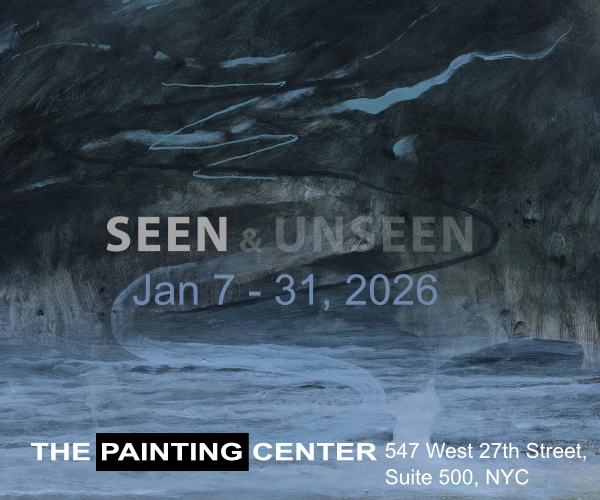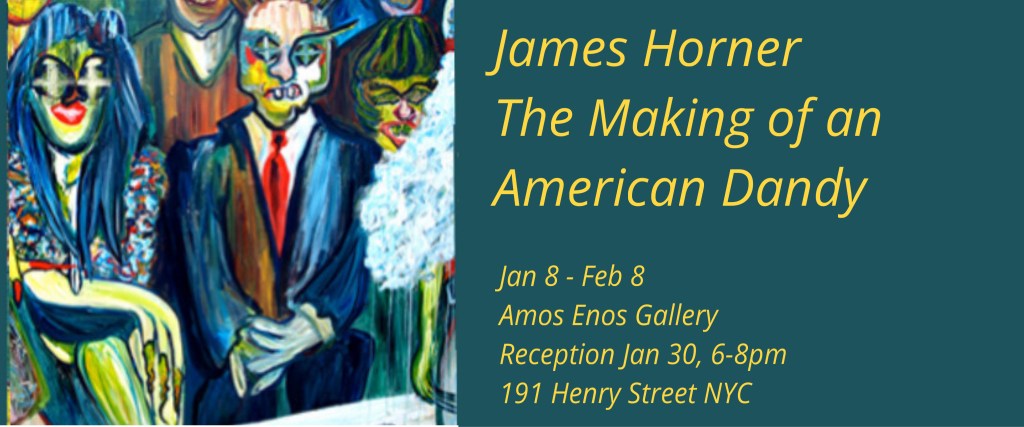Contributed by Jonathan Stevenson / The Meyerowitz Stories (New and Selected) is arguably Noah Baumbach’s best movie since The Squid and the Whale, and seems sure to advance his putative destiny of becoming Woody Allen’s successor as the ranking cinematic chronicler of the artily exasperating New York state of mind. Like the earlier movie, the new one is a sardonic examination of the artist as parent — in this case, a sculptor rather than a writer. The film consists, quite theatrically, of linked vignettes about the Meyerowitz family, the patriarch of which is the dyspeptic Harold Meyerowitz — Dustin Hoffman, in wry and feisty fettle.
Harold saw some success in the 1980s and taught at Bard College, but has been largely forgotten by the New York art world. He has no gallery representation; sold but one piece long ago to the Whitney, which appears to have lost it; and doesn’t make the list for the private viewing and after-party for the MoMA retrospective of an old sculptor friend (Judd Hirsch, just right). In his almost robotically mordant, Rainman-like recitations of stock put-downs, Harold embodies his generation’s reflexively haughty dismissiveness and envy of more successful contemporaries and most younger artists. By his account, he is an unrecognized genius and they have become popular precisely because they lack his depth, heart, and application, which were on extravagant display back in the day. You shoulda seen him then.
In the form of drunken, faux-bohemian fourth wife Maureen, deftly rendered by Emma Thompson, Harold has visited his vanity on his children. He has also taken out his disappointments on them. Played by Adam Sandler doing his best work in years as the self-flagellating and disfavored loser Danny, Ben Stiller in typically and authoritatively insecure mode as high-achieving private-equity maven Matthew, and Elizabeth Marvel uncannily transformed into Jean, a repressed but hardnosed spinster, they are of course supremely neurotic and, as New Yorkers, fully cognizant of that fact. Deep-seated resentment seeps from their pores, but they know it makes them stink.
Baumbach not only nails artists; he also makes a universal point about families that is less misanthropic than it might appear. Whether born of an overbearing lawyer, welder, doctor, carpenter, investment banker, painter, or sculptor, neurosis has the potential upside of hard-earned catharsis that drives the insidious generational imperative of distilling family virtues for posterity. The best Harold can do in his dotage is a group retrospective at Bard, which he regards as an insult and accepts with reluctant desperation, only to succumb to a coma from an obtusely ignored injury before the actual event occurs. The emotional chaos of his martyrdom is catalyzing. The ancestral torch is passed from Harold through Danny, Matthew, and Jean to Danny’s video-artist granddaughter Eliza (a charismatic Grace Van Patten), now a Bard undergraduate, by way of a hilariously traumatic exhibition opening that starts in the college parking lot. If Eliza seems less nutty than her forebears, eccentricity still looms as a kind of salvation.
The Meyerowitz Stories (New and Selected), written and directed by Noah Baumbach. Starring Adam Sandler, Ben Stiller, Dustin Hoffman. Netflix.
Related posts:
Art and Film: Aronofsky’s Bosch-esque mother!
Art and Film: Wajda’s final word on art and politics























